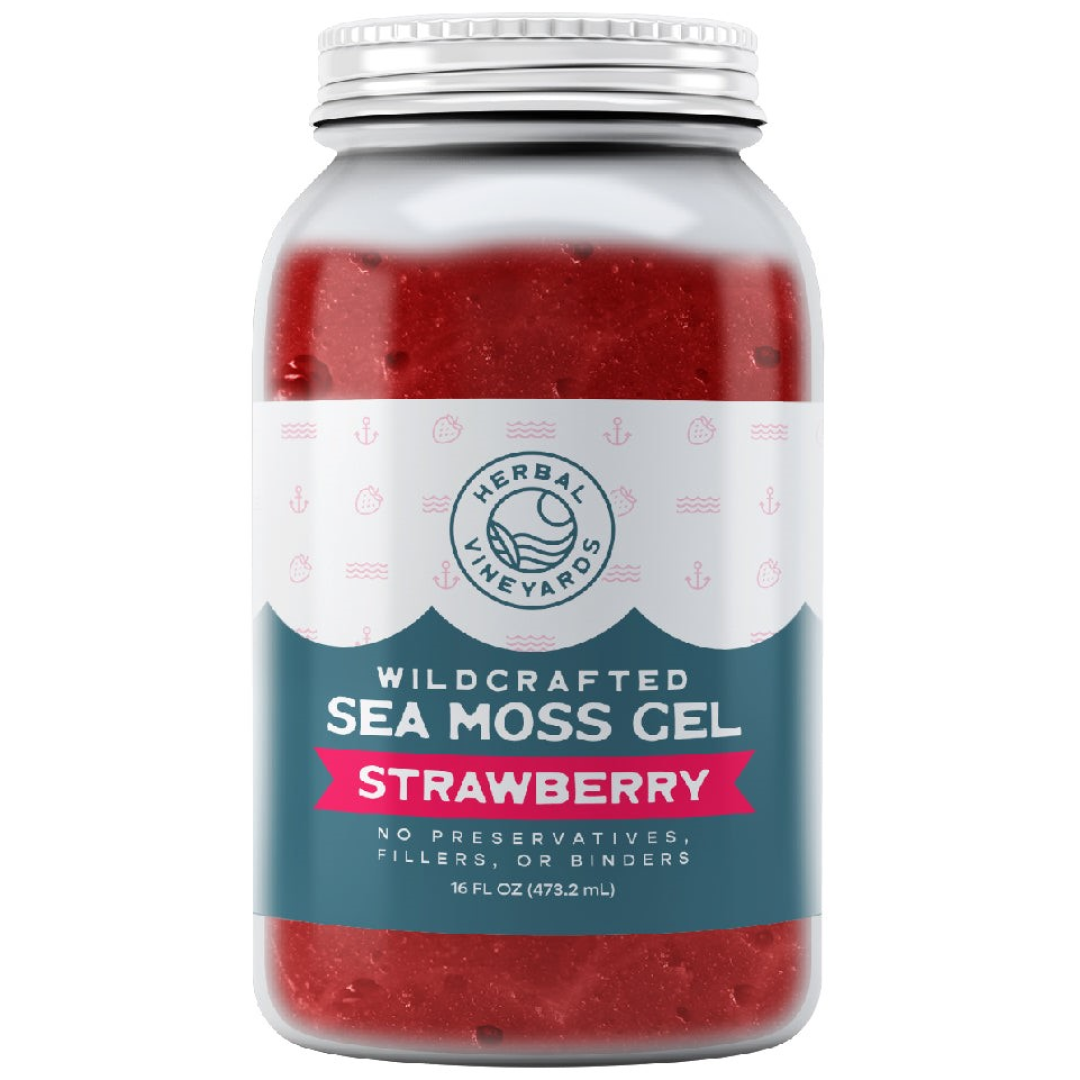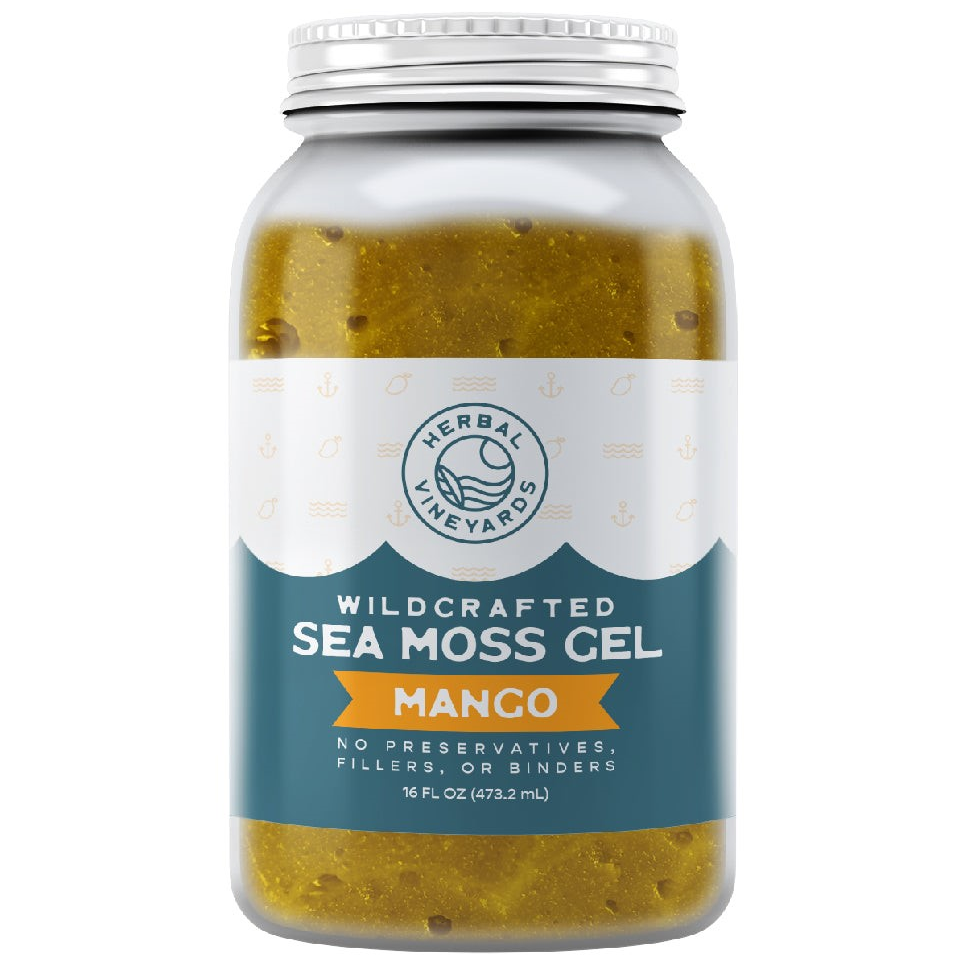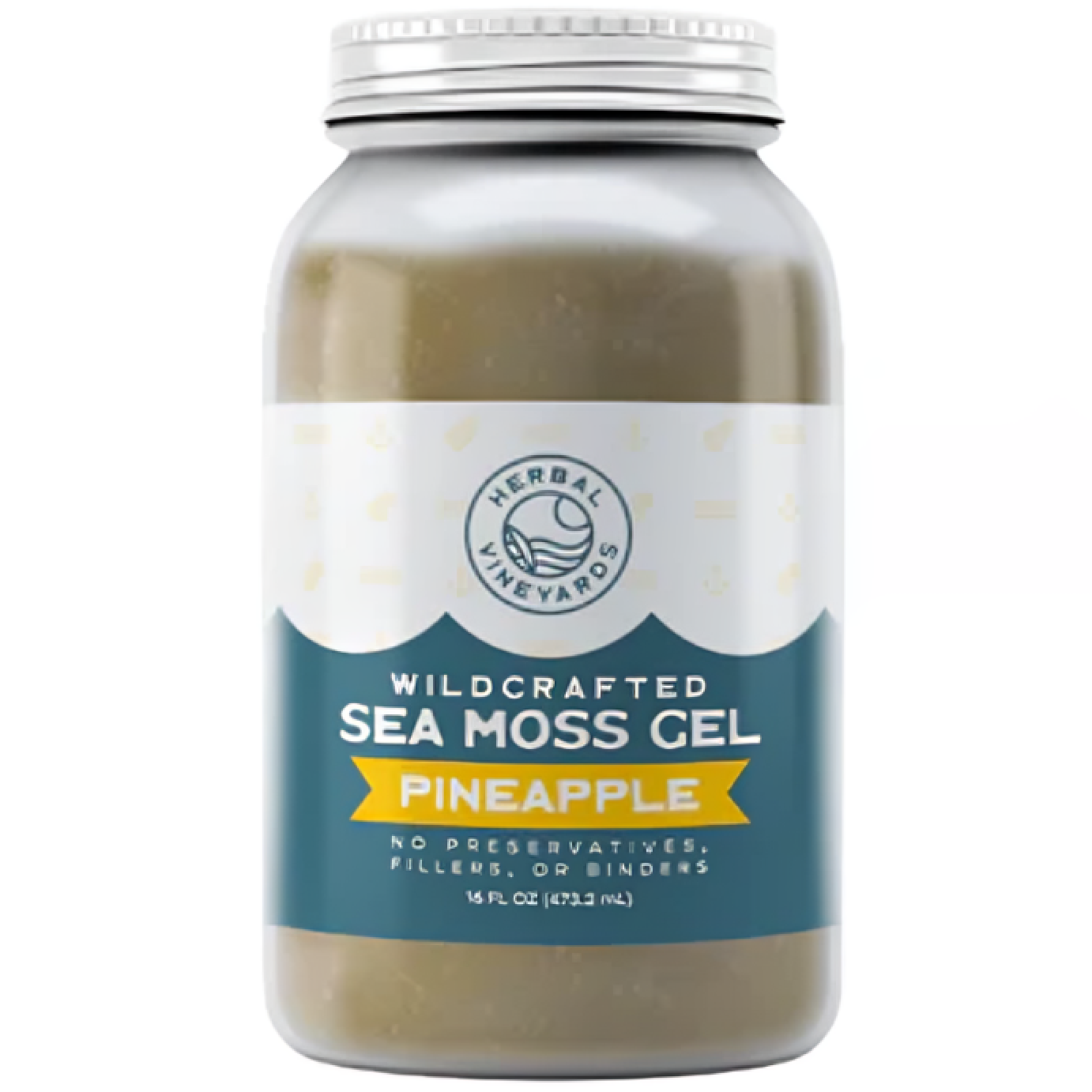Alginic Acid and Allergic Asthma - What's the Connexion?
Brown seaweeds contain alginic acid, a naturally occurring hydrophilic colloidal polysaccharide (Phaeophyceae). Alginic acid in the cell wall of brown seaweeds is partially responsible for their flexibility. Seaweed can be chemically processed to extract alginic acid, which is made up of polymerized polysaccharides. Additionally, seaweeds should be included in everyone's diet as an excellent source of essential amino acids, vitamins, and healthy fats like omega-3 fatty acids. Vitamin D in this food may aid the body's defence against pathogenic germs in the intestines, which act as a powerful antioxidant. In a previous study, alginic acid oligosaccharide (ALGO), a lyase lysate of alginic acid, decreased the formation of immunoglobulin E (IgE) in the serum of mice that had been inoculated with beta-lactoglobulin.
Alginic acid anti-inflammatory activity
Bioactive metabolites found in algae have been shown in previous research to have anti-inflammatory activities. Several seaweed-derived metabolites have been shown to have anti-inflammatory properties against air pollutants. These include alginic acid, dieckol, eckol, phlorotannins, flavonoids as well as phlorotannins. For example, S. horneri alginate (SHA) was found to have anti-inflammatory properties when evaluated against the FD-stimulated inflammation response in HaCaT (human keratinocytes) and RAW264.7 murine macrophages. In addition to increasing cell viability, SHA administration decreased pro-inflammatory cytokines, inflammatory mediators, and intracellular ROS levels, inhibiting the NF-B and MAPKs pathways.
Alginic acid in the soothing of mucus membrane
This natural chemical offers the advantages of being both reliable and efficient in its use. It helps to relax the mucus membranes in the body and helps your body get rid of any extra mucus because of its mucilaginous quality, which means that it is sticky and thick. It is outstanding in reducing congestion and clearing out phlegm accumulation in the lungs, which is incredibly valuable when struggling with cold and chronic asthma.
Alginic acid anaphylactic effect
Alginic acid inhibits histamine release and is helpful in a range of biological processes such as anaphylaxis, inflammation, neurotransmission, and the secretion of stomach acids. In a single step, the enzyme histidine decarboxylase catalyzes L-histidine conversion to histamine (HDC). It has been reported in the previous study that mast cell-mediated anaphylaxis and inflammatory reactions to alginic acid. Consequently, Histamine production and NF-kB activation were suppressed by alginic acid, which has an important role in preventing chronic allergic asthma.
Alginic acid shows inhibitory effects on hyaluronidase activity.
Alginic acid inhibits hyaluronidase activity and histamine release from mast cells. As hyaluronidase is an enzyme implicated in inflammatory reactions, drugs that limit hyaluronidase activity can be believed to have anti-allergy and anti-inflammatory properties. In addition, Alginic acid's antiallergic properties have also been linked to its ability to decrease histidine decarboxylase activity and expression, IL-1b, TNF-a production, Rel A and nuclear factor (NF)-kB/luciferase protein levels in the nucleus. Furthermore, histamine, released as a result of degranulation of mast cells, is a potent inducer of acute hypersensitivity, also known as type I allergy, which can manifest as asthma.
References
Jeong, H. J., Lee, S. A., Moon, P. D., Na, H. J., Park, R. K., Um, J. Y., Kim, H. M., & Hong, S. H. (2006). Alginic acid has anti-anaphylactic effects and inhibits inflammatory cytokine expression via suppression of nuclear factor-kappaB activation. Clinical and Experimental Allergy : Journal of the British Society for Allergy and Clinical Immunology, 36(6), 785–794. https://doi.org/10.1111/J.1365-2222.2006.02508.X
Uno, T., Hattori, M., & Yoshida, T. (2006). Oral administration of alginic acid oligosaccharide suppresses IgE production and inhibits the induction of oral tolerance. Bioscience, Biotechnology, and Biochemistry, 70(12), 3054–3057. https://doi.org/10.1271/BBB.60391
Tan, P. X., Thiyagarasaiyar, K., Tan, C. Y., Jeon, Y. J., Nadzir, M. S. M., Wu, Y. J., Low, L. E., Atanasov, A. G., Ming, L. C., Liew, K. Bin, Goh, B. H., & Yow, Y. Y. (2021). Algae-Derived Anti-Inflammatory Compounds against Particulate Matters-Induced Respiratory Diseases: A Systematic Review. Marine Drugs 2021, Vol. 19, Page 317, 19(6), 317. https://doi.org/10.3390/MD19060317
Kim, S. K., Vo, T. S., & Ngo, D. H. (2011). Antiallergic Benefit of Marine Algae in Medicinal Foods. Advances in Food and Nutrition Research, 64, 267–275. https://doi.org/10.1016/B978-0-12-387669-0.00021-1
Jeong, H. J., Lee, S. A., Moon, P. D., Na, H. J., Park, R. K., Um, J. Y., Kim, H. M., & Hong, S. H. (2006). Alginic acid has anti-anaphylactic effects and inhibits inflammatory cytokine expression via suppression of nuclear factor-κB activation. Clinical & Experimental Allergy, 36(6), 785–794. https://doi.org/10.1111/J.1365-2222.2006.02508.X







